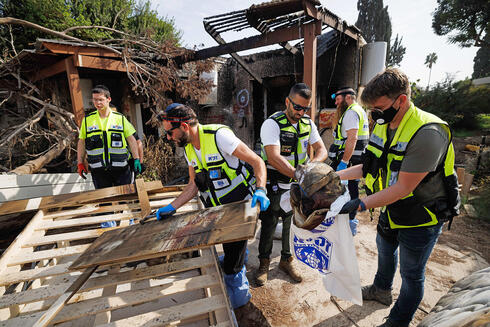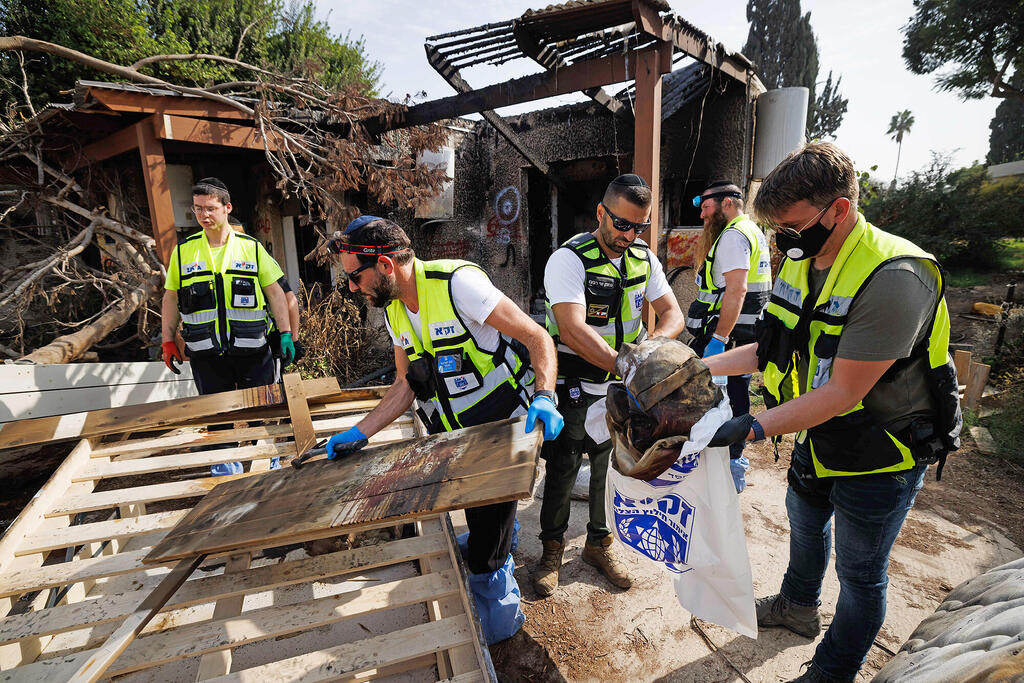
Steven Spielberg’s Shoah Foundation collects survivor testimony from October 7
The USC Shoah Foundation is urgently documenting eyewitness accounts of Hamas’ massacres in Israel, aiming to counteract the global surge in antisemitism. The testimony will join their archive of over 56,000 testimonies of Holocaust survivors.
The USC Shoah Foundation, home to the world's largest collection of Holocaust survivor testimonies, is urgently collaborating with production teams in Israel to document eyewitness accounts of the October 7 antisemitic terror attacks. This initiative is part of the foundation's broader mission to gather testimonies of victims of antisemitism since 1945.
The October 7 testimonies will be part of the foundation's Countering Antisemitism Through Testimony Collection (CATT), which documents post-Holocaust antisemitism. Dr. Robert J. Williams, Finci-Viterbi Executive Director Chair of the USC Shoah Foundation, and an advisor to the International Holocaust Remembrance Alliance, expressed concern about the recent surge in global antisemitism and underscored the archive's role in raising awareness and promoting resilience against hatred.
The USC Shoah Foundation has intensified efforts to grow the CATT collection, especially after the October 7 attacks. Steven Spielberg, who founded the Shoah Foundation, said that the brutality of October 7 and the subsequent rise in antisemitism has re-opened old wounds. “I never imagined I would see such unspeakable barbarity against Jews in my lifetime,” Spielberg said.
Dr. Williams emphasized the importance of recording and sharing these testimonies to enhance global understanding of the impact of antisemitism.
“We have an obligation to record and then responsibly share these testimonies so that scholars, policymakers, and the public can fully understand the brutality that ensues when extremists, terrorists, and others are animated by antisemitic hate. We need to understand where antisemitism can lead, and we need to build awareness and resilience against it,” Dr. Williams said.
The foundation is partnering with international collaborators, including Tablet Studios, to expand the reach of the October 7 collection. Survivor testimonies will be accessible to the public through the Visual History Archive, joining over 56,000 testimonies of Holocaust survivors and witnesses.
In addition to collecting testimonies from October 7 survivors, the foundation continues its broader mission, interviewing Holocaust survivors and witnesses who have not yet shared their testimonies.














